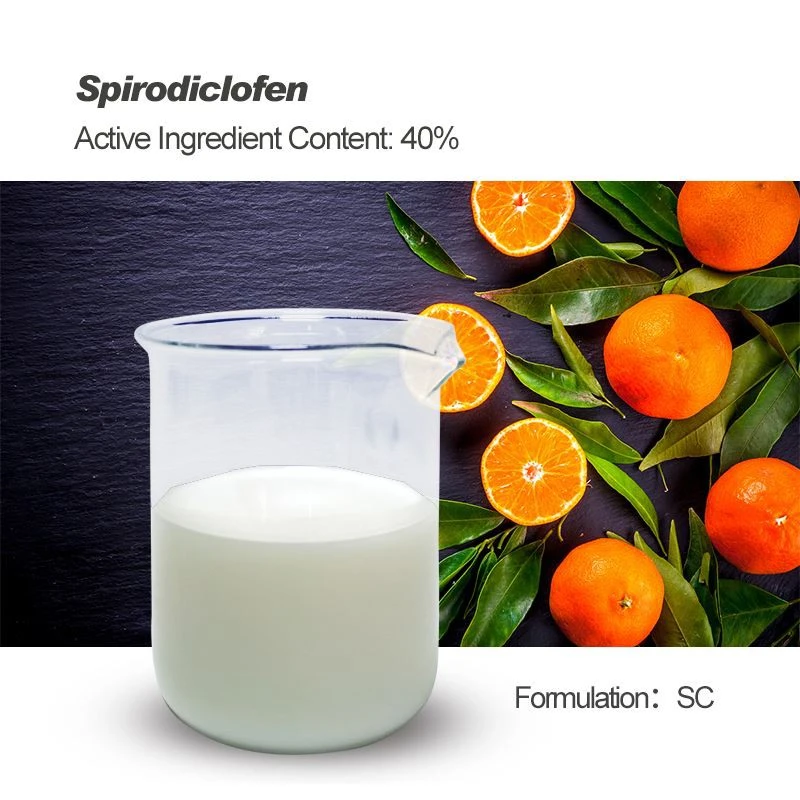


Flubendiamide
Exploring the intriguing world of organic pesticides reveals an evolving relationship between agriculture and environmental sustainability. Unlike their conventional counterparts, organic pesticides arise from natural sources, often formulated from plant extracts, minerals, and biological organisms. This enables them to reduce the ecological footprint of agricultural practices. Their adoption is gaining momentum as both farmers and consumers grow more conscious of the residual effects synthetic chemicals can have on ecosystems and human health.

The primary advantage of organic pesticides lies in their safety profile. These substances are rigorously tested to ensure minimal environmental impact. Compared to synthetic pesticides, organic variants degrade more swiftly in the environment, reducing the risk of long-term contamination. This natural breakdown mitigates adverse effects on beneficial insects, soil health, and water systems. By underpinning an ecosystem-based approach, organic pesticides help maintain biodiversity, which is crucial for resilient agricultural practices.
Expertise in organic pesticide application is pivotal. Farmers must understand the life cycle of pests and the specific conditions under which their products are most effective. For instance, neem oil, derived from the seeds of the neem tree, acts as an antifeedant and growth disruptor. However, it is most effective when applied at specific pest life stages. Similarly, pyrethrin, extracted from chrysanthemum flowers, is potent against a range of insects but requires precise timing and conditions to ensure maximum efficacy.

From an authoritative perspective, regulatory bodies such as the United States Department of Agriculture (USDA) and the European Union (EU) provide guidelines and certifications for organic pesticides. The USDA's National Organic Program (NOP) and the EU’s organic regulations stipulate strict criteria that these products must meet to be labeled as organic. This legal framework ensures that products bearing organic certification are genuinely sustainable and safe for use in organic farming systems.
organic pesticides
Authentic experiences from farmers using organic pesticides highlight both challenges and successes. While organic options can be less potent than synthetic ones, requiring careful timing and repeated applications, many farmers report long-term benefits such as improved soil fertility and increased populations of beneficial insects. Over time, these advantages translate into higher yields and better-quality produce, fulfilling the growing market demand for organic foods. Transitioning to organic pesticides also encourages innovation, as farmers experiment with integrated pest management (IPM) strategies, combining physical barriers, crop rotation, and natural predators with organic pesticides for comprehensive pest control.
Trustworthiness in organic pesticides is solidified through transparent practices by manufacturers. Companies are increasingly open about their formulations, sourcing of materials, and sustainability claims. Labels clearly stating active ingredients and their origins reassure consumers and farmers alike, ensuring informed decision-making.
In conclusion, the future of organic pesticides is promising. As research deepens our understanding of natural alternatives and their applications, these products will continue to evolve, offering viable solutions for sustainable agriculture. Their role in reducing dependency on synthetic chemicals, enhancing environmental health, and producing safe food forms a cornerstone of responsible farming practices for the modern era. The shift towards organic pesticides underscores a broader recognition of the importance of balancing human needs with planetary health.
-
Uncover the Benefits of Sodium ChlorateNewsJun.24,2025
-
Sodium for Sale: Your Essential ResourceNewsJun.24,2025
-
Raw Materials in Chemical IndustryNewsJun.24,2025
-
Potassium Hydroxide: Versatile Solutions for Your NeedsNewsJun.24,2025
-
Organic Pesticides and Chemical Raw Materials: Building a Sustainable FutureNewsJun.24,2025
-
Discover Premium Chlorine Tablets TodayNewsJun.24,2025
-
Zinc for Sale: Your Essential ResourceNewsJun.04,2025


















